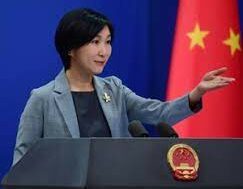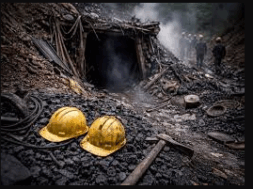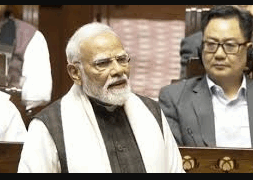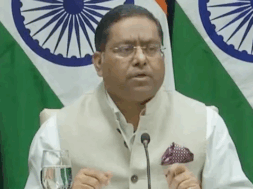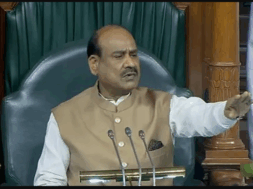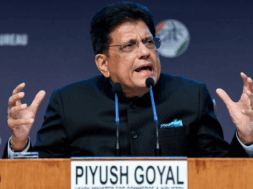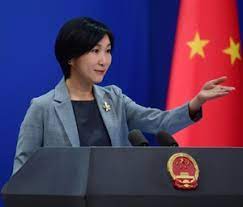
China Claims Xinjiang Issue Related to Countering Terrorism, not Human Rights
NEW DELHI, Oct 8: China on Saturday defended its policies in Xinjiang and said issues there were “not related to human rights but was about countering violent terrorism, radicalisation, and separatism,”
China’s reaction came a day after India and several other countries abstained from voting in the United Nations’ Human Rights Council (UNHRC) on a draft resolution condemning alleged violation of human rights in Xinjiang. India while abstaining for voting on the resolution, however, had noted that the human rights of the people of the Xinjiang region must be “respected and guaranteed.” The resolution had failed in the UNHRC with 17 votes in favour and 19 against.
China’s Foreign Ministry spokesperson Mao Ning said Beijing had “noted” reports on India’s abstention as well as the MEA’s statement. “I want to stress that the issues related to Xinjiang are not related to human rights and are about countering violent terrorism, radicalisation, and separatism,” Ms. Mao said. “Thanks to strenuous efforts, there was no violent terrorist incident in Xinjiang for over five consecutive years.”
Explaining why New Delhi abstained on the vote, the Ministry of External Affairs (MEA) had on Friday cited India’s long-held view that “country-specific resolutions are never helpful”, but at the same time also called for “the human rights of the people of Xinjiang Uyghur Autonomous Region [to] be respected and guaranteed.” “We hope that the relevant party will address the situation objectively and properly,” the MEA spokesperson Arindam Bagchi had said.
Ms. Mao said the UNHRC vote in its favour had affirmed China’s position. “The voting results at the UNHRC reflect the position of the international community, especially of developing countries, in firmly rejecting the politicisation of the human rights issues,” she said.
India said it had also taken note of concerns expressed by a recent report of the U.N. Office of the High Commissioner on Human Rights (OHCHR) which said China’s “arbitrary detention” of Uighurs may have constituted crimes against humanity.
Beijing slammed the report and blamed Western interference. China initially denied the mass detention of Uighurs in “re-education” camps, but later claimed the vast network of centres in Xinjiang were for “vocational training.”
(Manas Dasgupta)
